JLR’s dealer network is being utilised to deliver important security updates to more than 450,000 vehicles as part of the car maker's efforts to reduce the number of Range Rovers being stolen.
Over the coming months, JLR will invite the owners of vehicles dating back to 2016 to visit their local dealer for the free update. Those unable to visit a showroom can request the service via one of JLR’s mobile technicians.
The crucial update prevents thieves from being able to breach the car’s on-board computer systems, which they do in order to unlock the vehicle and programme new keys.
Since 2022, more than 65,000 eligible vehicles from 2018 models onwards have received security updates. JLR has invested £15m in the initiative.
Patrick McGillycuddy, JLR’s UK managing director, said: “It's really important that for our clients, as we contact them for these campaign updates and security enhancements, they act on it.
“In many instances, we do not know this customer. Some of these cars are eight years old and may have been through a number of owners.
"We've worked with our network to make sure that this is given priority so when clients arrive they are given the right experience.
"The good news for the software updates is it doesn't need a ramp, so retailers can work in a more efficient way. But, clearly, we ask that they deliver the right experience, so they make sure they look after our clients and make them feel welcome."
Rising insurance costs
Insurance prices for the popular luxury SUV are soaring, despite the latest theft statistics showing that the number of JLR vehicles being stolen is reducing.
Insurance companies have continued to ramp up prices and some owners have been quoted as much as £20,000, while others have been unable to secure coverage.
JLR has even launched its own insurance offering, to provide a lifeline to owners of its vehicles and the car maker has invested £10 million to update its older models to make them more difficult to steal. An in-house team of security experts ensure it stays ahead of thieves.
More action needed by police and governement
The Range Rover theft epidemic is caused by organised crime gangs that make significant profits from shipping stolen high-end vehicles abroad.
JLR CEO Adrian Mardell is now calling for an “urgent national conversation” about organised vehicle crime. He wants the Government to put vehicle crime higher up the agenda, stating that it’s a “serious issue” in the UK.
"Our clients are suffering from that, and most people in this country won’t like that, whether they’re suffering or not,” he said.
JLR is working closely with police forces across the country to try and stay ahead of thieves. It is even funding additional policing at UK ports, where many of the stolen vehicles are shipped out of the county.
Range Rover theft rates are falling
The insurance industry has reacted to recent reports of Range Rover thefts by hiking prices, but JLR said the theft rates for its newest models are falling.
McGillycuddy said: “Range Rover is not the most stolen vehicle in the UK. It's just not true.”
He cited theft figures for 2023 that show Range Rover thefts were down by 27% on 2022 and Range Rover Sport thefts fell by 29%.
Since the new Range Rover was launched, in 2021, McGillycuddy said 0.08% of them have been stolen.
“These theft issues they are predominantly affecting our older vehicles: 2016 through to 2018 model years, and a little bit into 2019,” he explained.
High-tech theft technology
Using sophisticated – and pricey – equipment, thieves quickly established the means to attack cars equipped with keyless entry systems by using a ‘relay attack’ whereby the signal emitted from the car’s keyfob can be picked up by a receiver and sent to another transmitter. The car thinks a legitimate key is within proximity, even though it’s still in the owner’s house, allowing thieves to drive off.
Police believe that the majority of cars stolen in 2023 were taken using this method.
JLR introduced new wideband key technology across its model range, in 2018, effectively stopping the issue in its tracks. These new keys, identifiable by their slightly larger and boxier design cannot be compromised using the relay attack method.
Other car makers, such as Ford, were also forced to take action and redesign their keys to prevent this type of theft.
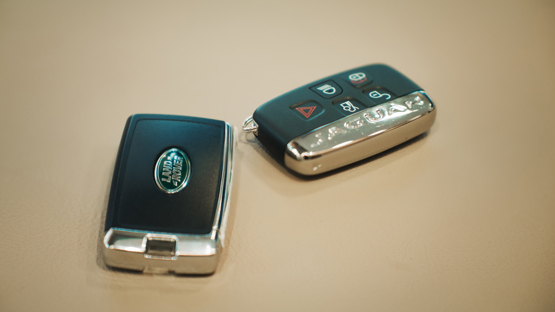
For older models, the brand recommends the use of a faraday pouch, which blocks the key signal from being received by relay attack equipment.
Lee Walton, head of JLR's Vehicle Theft Reduction Group, told us that the next step for thieves was to utilise automotive locksmith equipment, enabling them to programme keys to vehicles. By plugging a device into a car’s diagnostic port, a key can be programmed in a matter of seconds allowing the car to be taken. This type of theft is commonly known as a ‘BCM hack’. The only hurdle for criminals being that the car must be unlocked.
More high-tech equipment was therefore required. A signal jammer is commonly used, preventing owners from being able to lock their vehicle. Walton told us that these are regularly used in car parks or petrol stations. Once the owner leaves the vehicle, thieves are able to jump in and take it.
For vehicles that are locked, a more invasive method is used. Crime gangs worked out that they could trigger a vehicle’s locking system by intercepting the on-board computer wires and sending fake messages. This type of attack requires highly sophisticated knowledge of a vehicle’s electrical architecture. The equipment costs upwards of £25,000. Depending on the vehicle, these wires are usually accessed by cutting holes in either the front wing or bootlid.
JLR has been rapidly working on software updates to prevent these attack methods. Vehicles dating back to 2016 will be eligible for free updates, with rollouts taking place now. The software update prevents keys being programmed by the BCM hack method and also stops external devices from being able to send commands to the car’s computer system.
Legal changes
The car maker has campaigned to outlaw the key programming tools that thieves use to steal cars. Historically, such devices have been considered part of the automotive locksmithing toolbox, but new legislation will recognise them as tools for theft.
The Criminal Justice Bill that proposes these changes is currently making its way through Parliament and is at the end of the committee stages, ready for the House of Lords.
In a final push to encourage customers to lock their cars, JLR has added a new walkaway locking feature to its 2024 vehicles. This system automatically locks the car once the key is no longer detected in the proximity of the vehicle. The car will also automatically unlock, upon approach, to improve convenience.

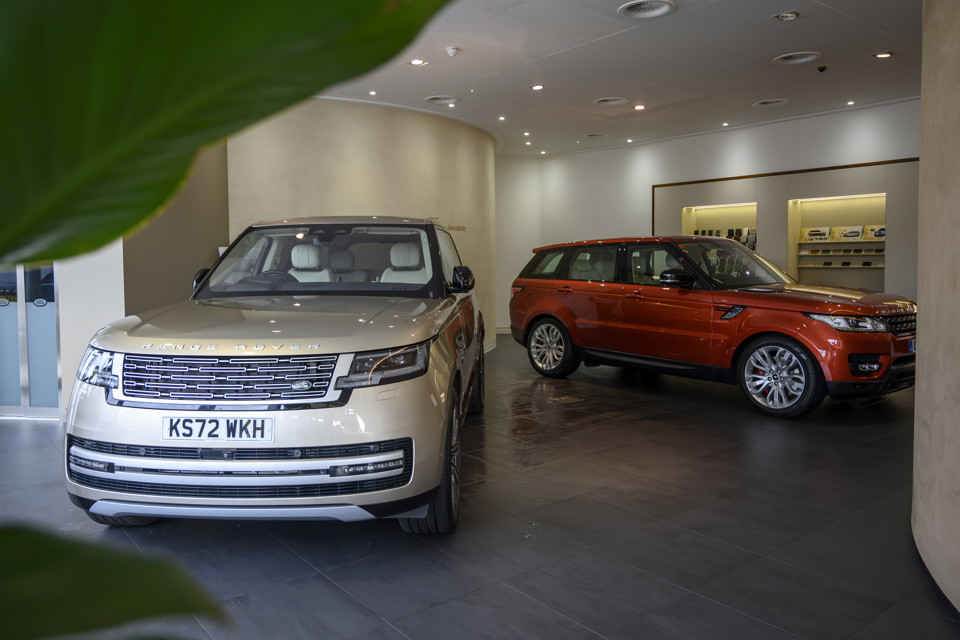

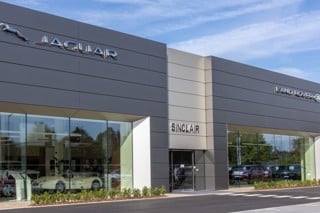
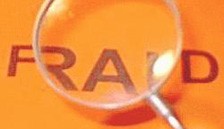
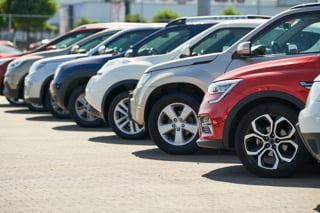
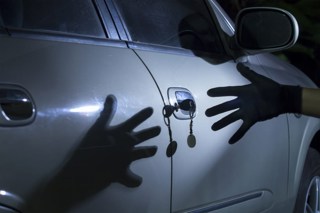




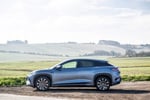









Login to comment
Comments
No comments have been made yet.